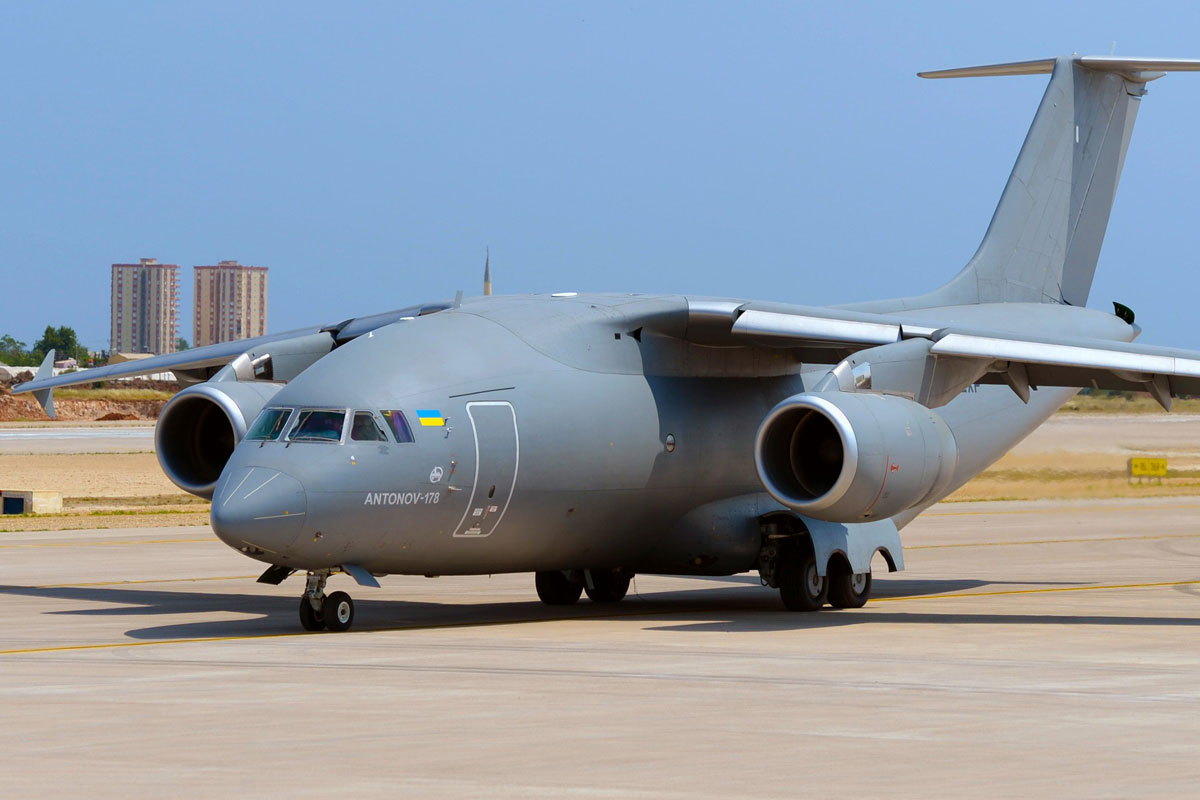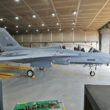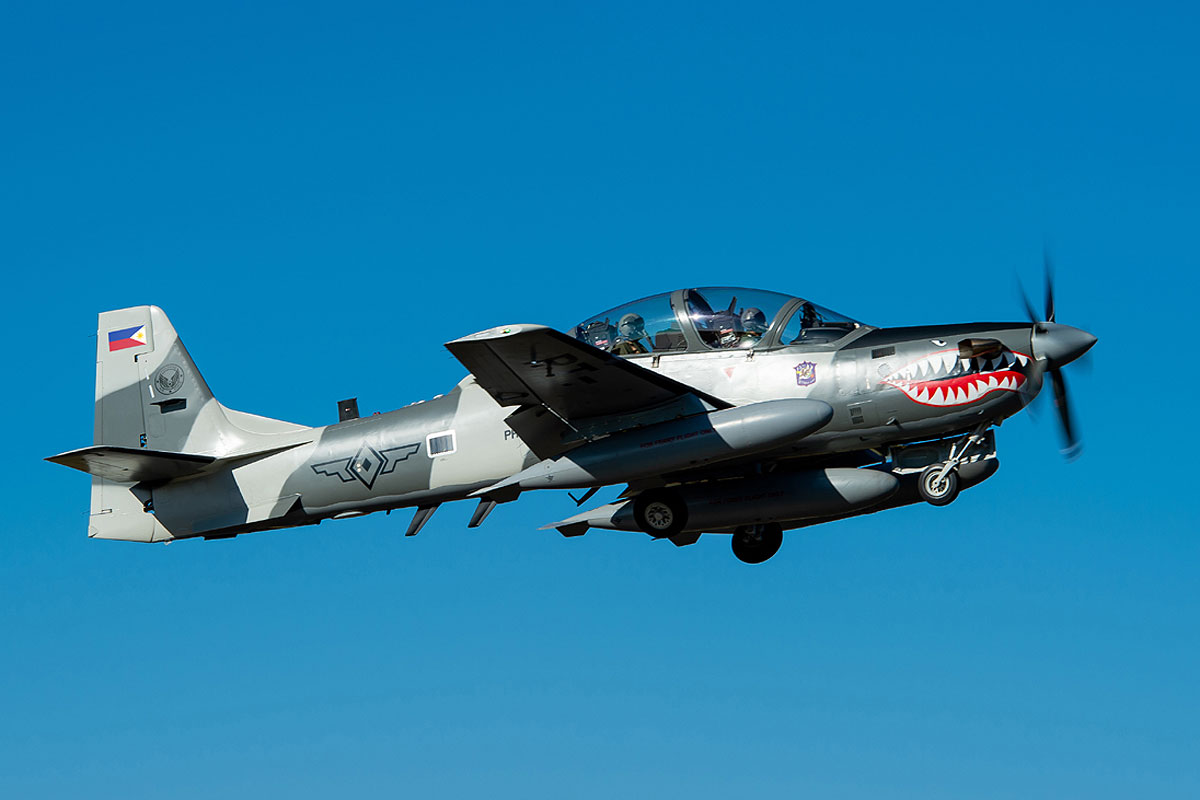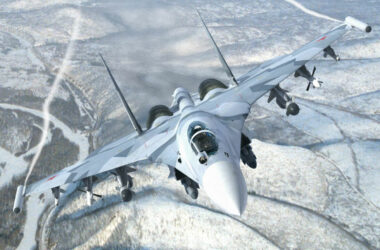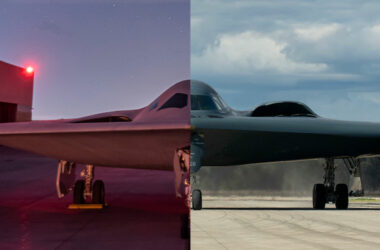Peru has decided to end the purchase agreement of a single Antonov An-178 airlifter that would be used by the National Police of the South American country.
Negotiations with the manufacturer were mediated by Spetstechnoexport, a state-owned export company in Ukraine. The information was revealed by defensa.com.
The deal valued at $64 million was canceled as the Ukrainian manufacturer missed the delivery deadline for the aircraft, which was scheduled for October 24, 2021.
Follow ADN: Instagram | Twitter | Facebook
Negotiations between Lima and Kiev had been ongoing since 2019, when the Antonov aircraft won the Peruvian government’s bid to acquire an aircraft for the National Police, a body headed by the Peruvian Ministry of Interior.
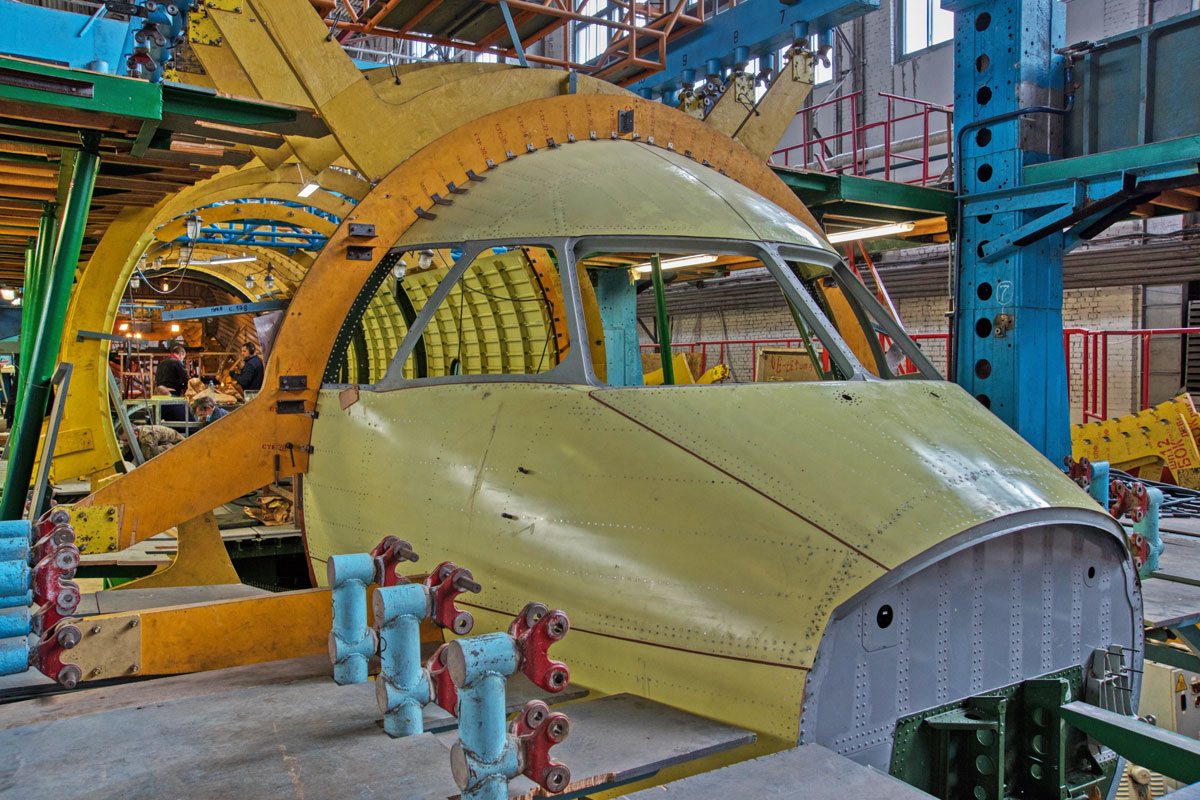
The purpose of the purchase was to bring a replacement for an old An-32B turboprop operated by the corporation.
The An-178 destined for Peru, which would be the launch customer for the aircraft, was under construction. However, with Russia’s invasion of Ukraine, which began in February last year, the whereabouts of the airframe became unknown.
In 2020, the Ukrainian government also announced the purchase of three aircraft.
Direct competitor of the Embraer C-390 Millennium
The An-178 is Antonov’s most recent project. The short- and medium-range military transport aircraft was developed from the An-158 commercial jet.
The first flight took place on May 7, 2015, three months after the maiden flight of its main competitor, the Embraer C-390 Millennium.
Measuring 32 meters in length and 30 meters in wingspan, the Antonov An-178 is designed to carry up to 18 tons of cargo at an altitude of 12,000 meters and a cruising speed of 825 km/h.
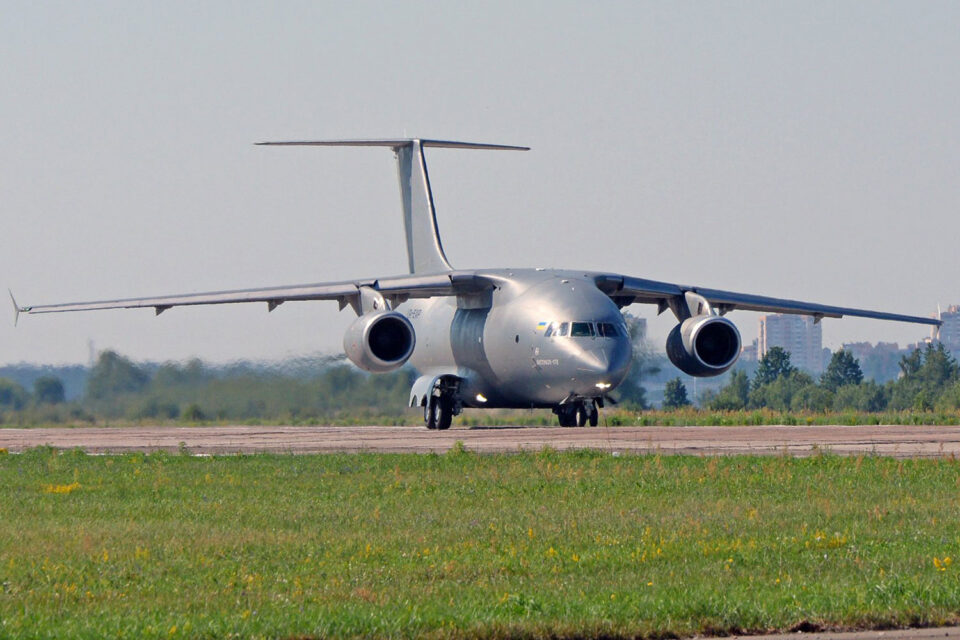
The plane can also be used to transport military forces, with capacity for 90 soldiers, 84 paratroopers, or even to transport 78 stretchers in aeromedical missions.
With the ongoing war in Ukraine, the An-178 development program is unlikely to make progress in the short term.
Antonov’s own fate is also uncertain, since the Ukrainian manufacturer depended heavily on the supply of components imported from Russia, which stopped trading with the neighboring country in 2014, after the annexation of Crimea.

